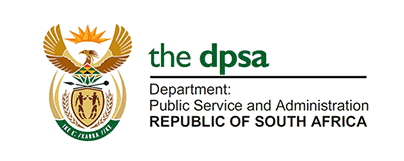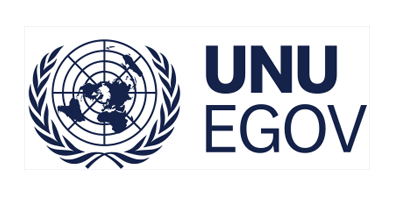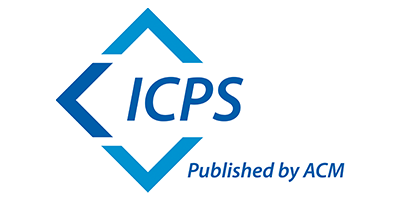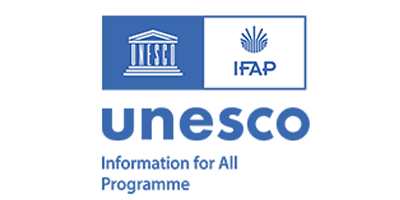According to the United Nations and the 2030 Sustainable Development Goals, the value of digital governance resides in its contribution to the “development for all”. “Leaving no one behind” is a must condition to fully exploit the expected value from digital governance and achieve societies’ desired level of transformation and prosperity. Nevertheless, there are still many cases of social exclusion or digital divides affecting different social vulnerable groups, such as women, elders, children, migrants, and minority communities worldwide, due to how the digital governance concept is operationalised. Accordingly, this Track calls for research contributions in areas such as accessibility and usability of Digital Government systems, digital divide, digital migrants, multi-lingual and multi-cultural issues in digital governance, universal and ubiquitous access, gender in digital governance, and digital government for unserved or underserved groups, among others. Stronger societies also rely strongly on the level of resilience of their institutions to regularly face different kinds of crises, such as global financial crises, migration issues, natural disasters, and the current COVID-19 pandemic. These crises put further pressure on how decision-makers and societies address such events. Digital governance can significantly contribute to managing these crises successfully. Therefore, this Track also welcomes papers exploring the interplay between digital technologies, governance and the creation of more resilient institutions to promote stronger and sustainable societies.
TRACK 7 – Inclusive, equitable, and resilient governments for the SDGs

Aurora Sánchez
Universidad Católica del Norte, Chile

Rehema Baguma
Makerere University, Uganda







